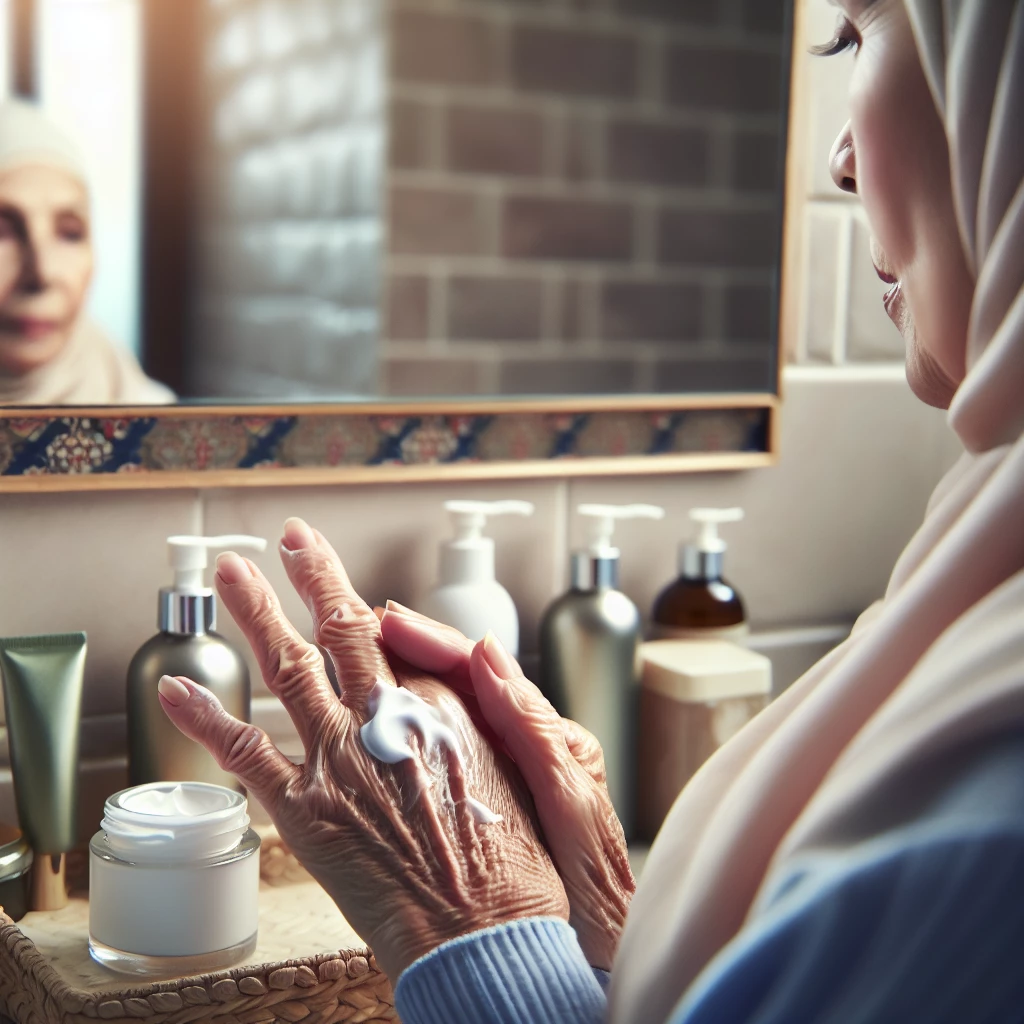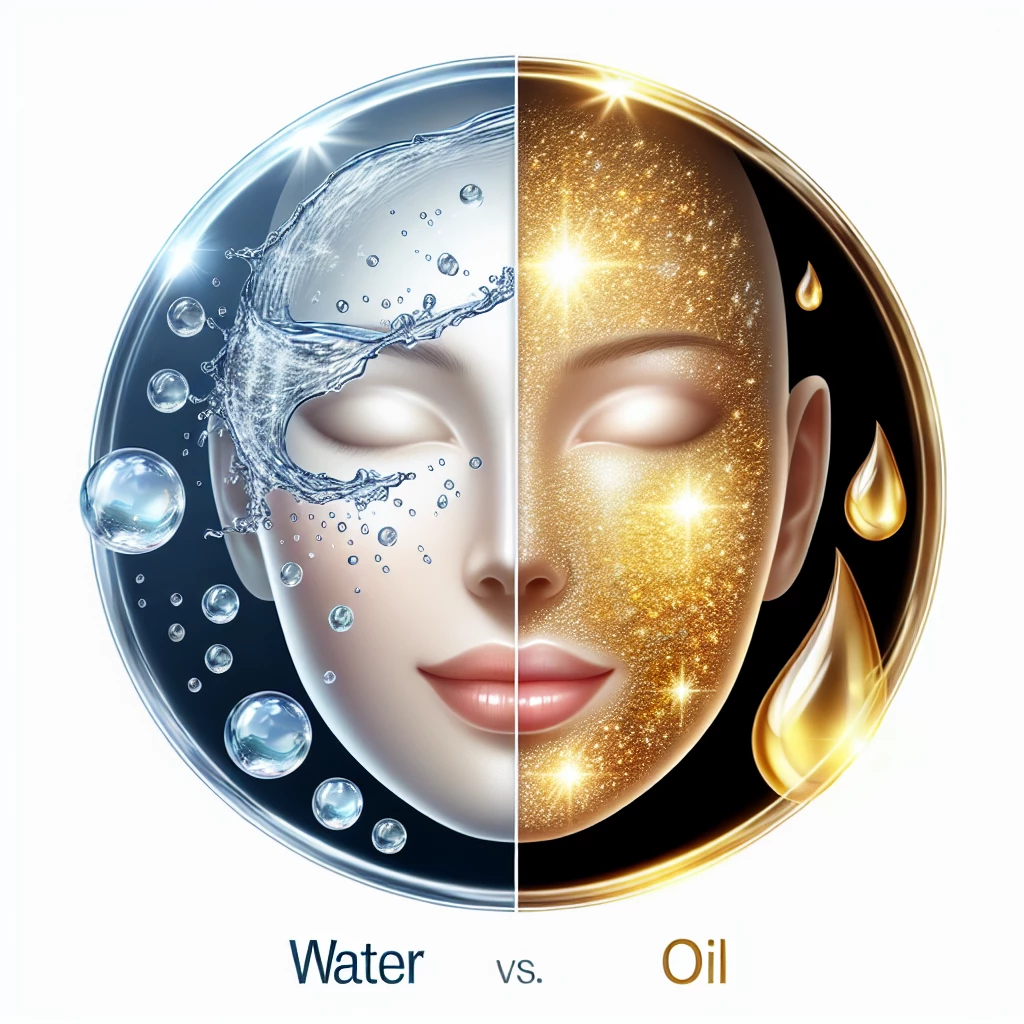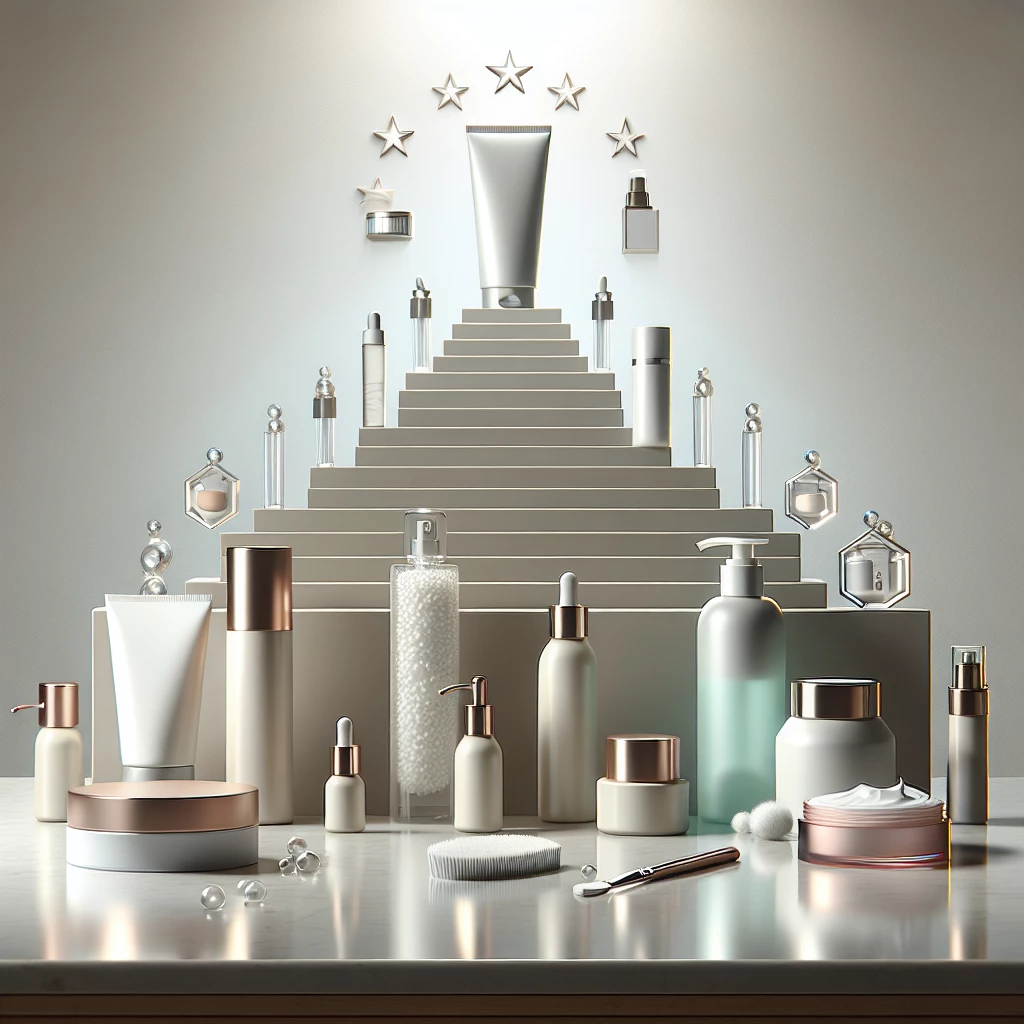Hello Makeup Queens! Welcome to another informative post about how to elevate your skin care routine. Today, we'll be diving into some tips, tricks, and step-by-step tutorials to take your beauty routine to the next level. By incorporating these skin care insights, you'll not only improve the health of your skin, but also enhance the effectiveness of your makeup application. Let's step up our game, queens!
Understanding Your Skin Type
Before starting any beauty routine, it is crucial to know your skin type. Your complexion might be dry, oily, combination, normal, or sensitive, each requiring a slightly different care strategy. By identifying your skin type, you can tailor your skin care routine to provide the best possible care for your complexion.
For instance, oily skin types benefit from oil-free, non-comedogenic products that don't clog pores, while dry skin types may need extra moisturization. A dermatologist can help determine your skin type if you're unsure.
Remember, your skin type can change over time, so regular check-ins are a must to make sure your products are still working effectively.
Essential Steps in a Skin Care Routine
Regardless of skin type, a basic beauty routine usually involves the steps of cleansing, toning, and moisturizing. Cleansing removes makeup, dirt, and oil from your skin, while toning balances your skin’s pH levels, and moisturizing helps keep your skin hydrated.
In the morning, it's recommended to use a cleanser, followed by a moisturizer that contains SPF to protect your skin from the sun. In the evening, you may want to include serums or retinols after cleansing and before moisturizing.
Also, don't forget to exfoliate at least once or twice a week to remove dead skin cells and promote skin renewal.
Incorporating Face Masks and Treatments
To elevate your routine, consider adding in face masks or treatments. Face masks can provide your skin with extra nutrients, depending on your skin concerns and the type of mask you choose.
Treatment products target specific skin concerns, like acne, hyperpigmentation, or aging. Just remember, these products are potent and need to be used sparingly, often only a few times per week.
Don't forget to patch test any new product to ensure you don't have a negative reaction before applying it on your face.
The Impact of Diet and Lifestyle
The products you use on your skin are only half the battle. Eating a balanced diet, drinking plenty of water, and getting enough sleep can visibly impact your skin's health.
Try to incorporate foods rich in omega-3 fatty acids, antioxidants, and vitamins for optimal skin health. Similarly, lifestyle choices such as not smoking and limiting alcohol intake can significantly help maintain glowing skin.
In essence, taking care of your skin is not confined to topical treatments or skincare products, but a holistic approach that involves a healthy lifestyle.
Consulting a Dermatologist
Last but not least, a dermatologist can help you evaluate your skin and provide advice tailored to your specific needs. They can help troubleshoot any issues or recommend products specific to your concerns.
While seeing a dermatologist may seem like an extreme step, they are skin care experts who can provide helpful advice for maintaining skin health in the long term.
A healthy and glowing skin not only provides the perfect canvas for makeup but also boosts our confidence.
Taking care of your skin, understanding its needs, and catering to them with a personalized beauty routine can work wonders. Remember, queens, it's not just about enhancing your beauty with makeup but also taking care of the canvas with proper skin care. Let's elevate our beauty routine, and ultimately, our confidence. Until next time, stay beautiful!

Age Gracefully: Mature Skin Care
Delve into the changes that come with aging skin and the best practices to ensure its health and vitality.

Vitamins for Victory: Skin Nutrients
Discover the key vitamins that contribute to skin health and the best ways to incorporate them into your skincare routine.

Exfoliation 101: Clearing the Surface
Dive into the process of exfoliation, uncovering its benefits and learning how to properly exfoliate for brighter, smoother skin.

Skin Hydration: Water vs. Oil
Get insight into the importance of hydration in skincare routines and understand the difference between water-based and oil-based products.
